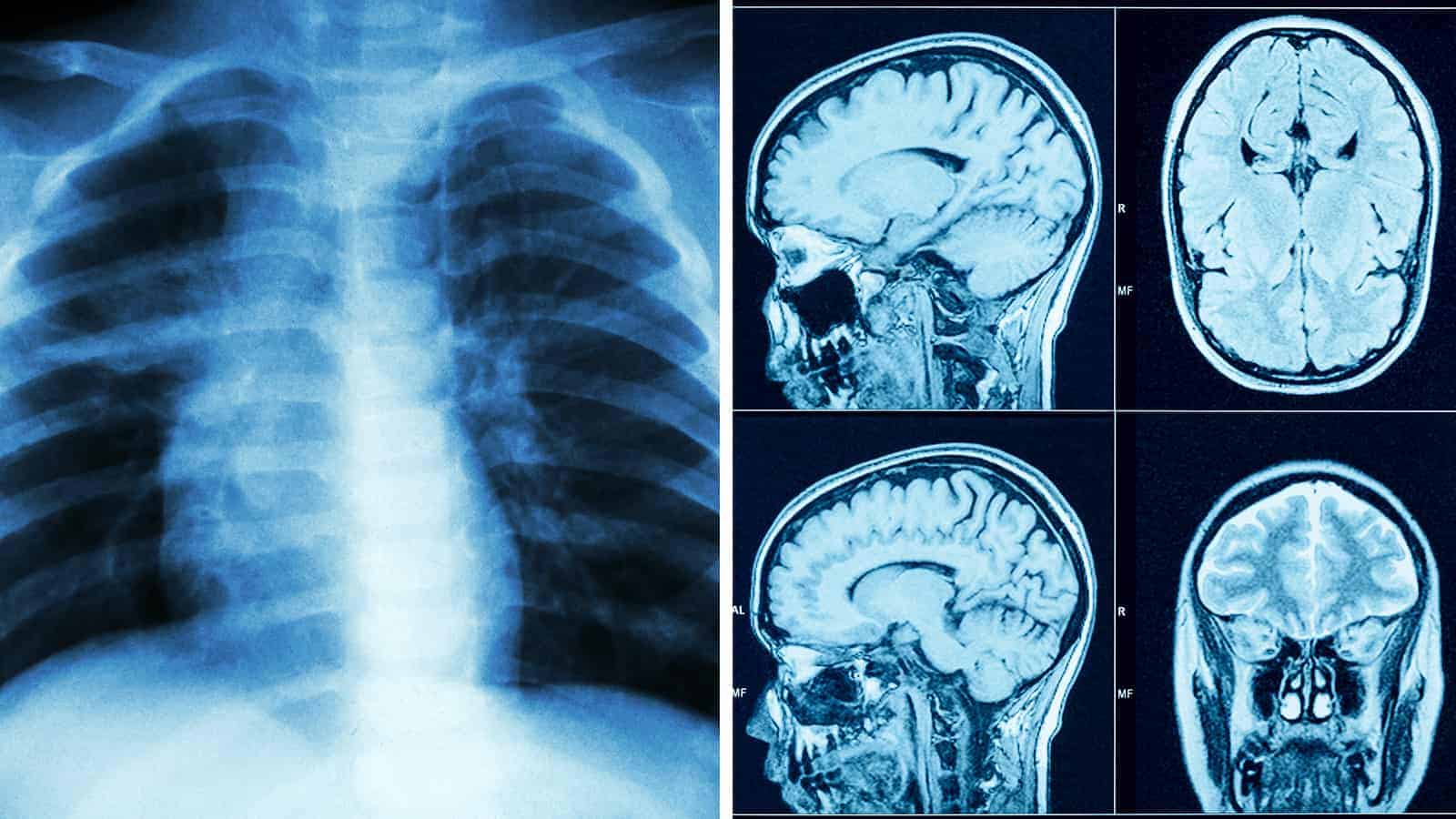A recent study done on brain circuits discovered which ones may lead to a racing heart, a characteristic of specific psychiatric disorders. People who suffer from anxiety, addiction, or other mental illnesses have heightened states of arousal. The heart starts to race, blood pressure increases, and the breath becomes shallow when this happens. In this aroused state, it can lead people to make impulsive decisions they wouldn’t typically make.
Scientists from the Icahn School of Medicine at Mount Sinai wanted to study how these intense states influence decision-making. So, they gathered data from a prior study involving non-human primates. After pouring over the data, they discovered that two of the brain’s decision-making centers might cause a racing heart.
Neurons in these centers may function only as observers of the body’s internal dynamics. During an intense state of arousal, it rewires neurons in one of the centers, turning decision-making neurons into internal state monitors.
“Our results suggest that the brain’s decision-making circuits may be wired to monitor and integrate what is happening inside the body constantly. Because of that, changes in our level of arousal can alter the way that these circuits work,” said Peter Rudebeck, Ph.D., Associate Professor in the Nash Family Department of Neuroscience and Friedman Brain Institute at Mount Sinai. He’s also the senior author of the study published in PNAS (Proceedings of the National Academy of Sciences).
“We hope that these results will help researchers gain a better understanding of the brain areas and fundamental cellular processes that underlie several psychiatric disorders.”
Atsushi Fujimoto, MD, Ph.D., an instructor in Dr. Rudebeck’s lab, led the study. His previous studies involved how the brain controls risk-taking.
The study that found a link between brain circuits and a racing heart
Scientists have studied the relationship between arousal and decision-making processes for years. They describe it as a “U-shaped curve.” When the brain becomes slightly aroused, such as after a cup of coffee, performance increases. However, excess or inadequate arousal increases the likelihood that the brain’s decision-making processes will become impaired. In this error-prone state, the brain will make slow or poor decisions.
Findings from this study support this theory. For the study, researchers analyzed data from prior experiments which involved three rhesus monkeys. The scientists tested their ability to decide between two rewards: either a lot or a little juice. While working as a post-doctoral fellow at the National Institute of Mental Health, Dr. Rudebeck performed these experiments.
As he anticipated, the monkeys chose more juice time and time again. On average, the speed at which they made this decision increased when their hearts beat faster. This suggests that being in an aroused state leads to better performance.
The next step involved researchers studying electrical activity recorded from brain circuits. Specifically, they observed neuronal activity in two of the brain’s decision centers: the orbitofrontal cortex and the dorsal anterior cingulate cortex. They discovered that in about 1/6 of the neurons in either area, activity correlated with heart rate. Basically, when the monkeys’ heart rate changed, the action of the cells would increase or decrease in speed.
This activity wasn’t affected by decisions made about the different rewards the monkeys could receive. In addition, the remaining cells in the decision centers seemed to support the decision-making process mostly. In other words, they prioritized this activity above others.
Being in a state of arousal impairs decision-making.
“Brain scanning studies have suggested that bodily arousal alters the activity of these decision-making centers. Our results both support this idea on a cellular level and suggest that the sole job of some of these neurons is to track the body’s internal or interoceptive, states,” Dr. Fujimoto said. “The next question we had was: ‘What might happen during the type of heightened arousal states seen in patients who suffer from anxiety, addiction, and other psychiatric disorders?’”
Researchers then looked at data obtained from the amygdala, the brain’s emotional center, to find the answers. They surgically ‘turned off’ activity in this area of the brain in each animal. This caused heart rates to increase by up to fifteen beats per minute. In this heightened state of arousal, the animals chose rewards more slowly the faster their hearts beat. This implies that being in a heightened state of arousal impaired brain circuits, slowing the decision-making process.
As the team looked at the neuronal activity, they discovered even more surprising information. When animals’ arousal increased, it changed the roles that the neurons played in decision-making. In both areas of the brain, researchers found that the number of neurons involved in decision-making decreased. What’s more, the neurons that tracked internal states increased slightly in the dorsal anterior cingulate cortex. This led to an imbalance of information in this area as if decision-making neurons became “hijacked” by arousal.
Dr. Rudebeck said,
“Although not definitive, our results suggest that a heightened arousal state degrades and takes control of the decision-making circuits in the brain. We plan to continue studying how arousal can influence higher brain functions and how this contributes to psychiatric disorders.”
Scientists know that when a person feels anxious, it triggers a fight-or-flight response in the brain. In that state, the body and mind become primed to make a split-second decision to run or fight. In our modern world, unfortunately, we don’t know the difference between real or perceived threats. This can cause our evolutionary mechanisms and brain circuits to run on overdrive.
Hopefully, this study will lead to more research on the link between arousal and psychiatric disorders. If scientists can better understand the mechanisms driving this response, it could lead to new treatments for mental health conditions.
Final Thoughts on a study showing how specific brain circuits can trigger a racing heart
A new study reveals a surprising link between certain areas of the brain and a racing heart. Expressly, neurons in the decision-making centers turn into internal state monitors during a heightened state of arousal. This change in the way these brain circuits work can lead to poor decision-making. Scientists will need to perform more research on this topic, but they’ve uncovered exciting results so far. Our brains are incredibly complex, and we have a long way to go in understanding them.
















 Community
Community

